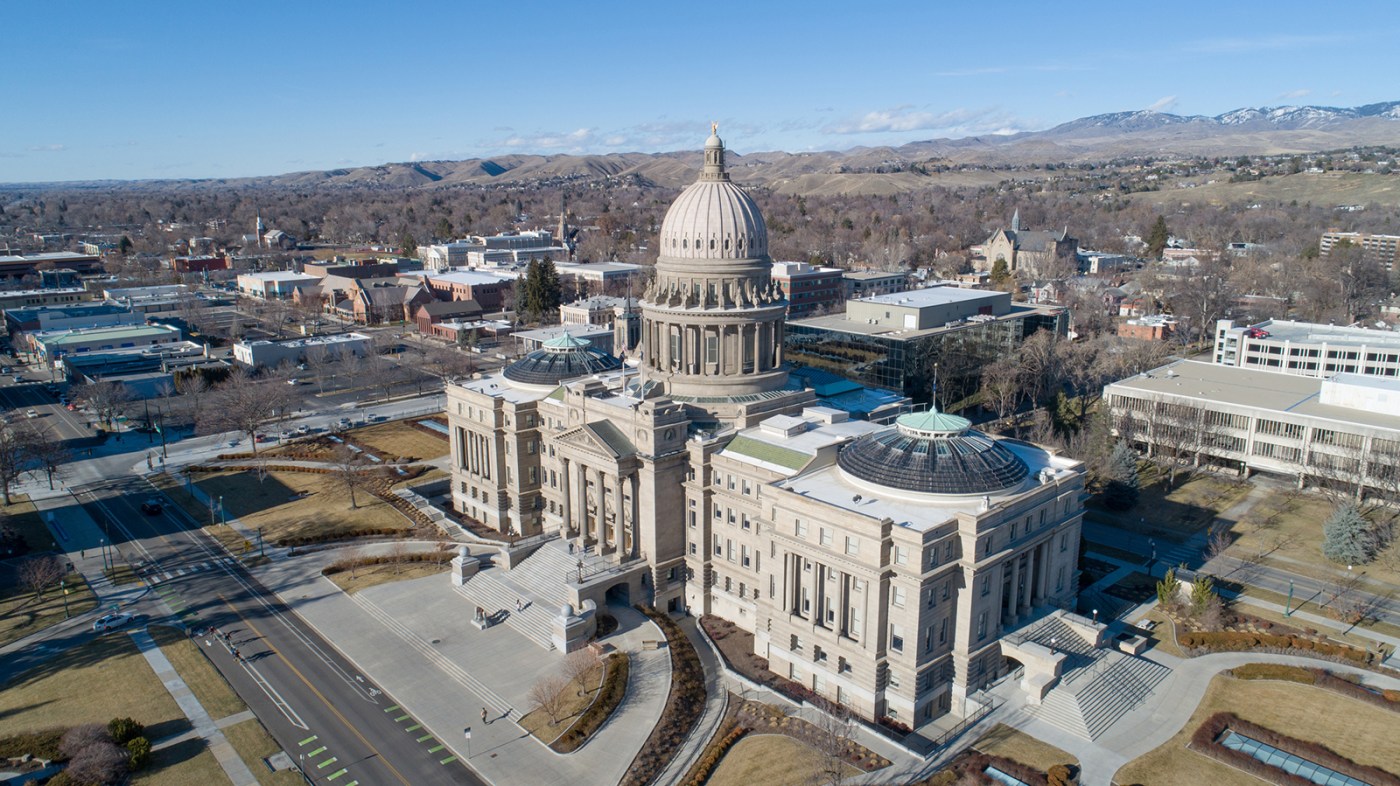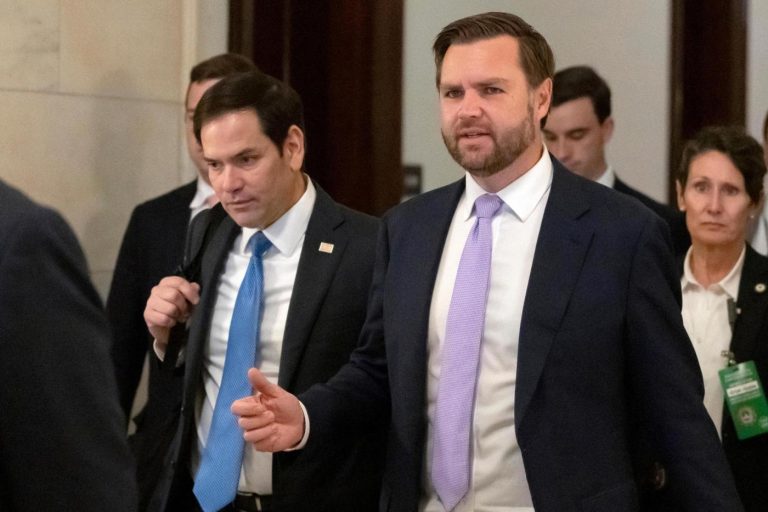” ]One reason America’s economy contains less opportunity than many people expect is because over time, modern democracies, for all their merit, create and keep too many rules. Supreme Court Justice Neil Gorsuch’s new book, “Over Ruled,” emphatically makes a similar case, citing my estimate that it would take over three years just to read our federal regulations.
Navigating so much red tape means businesses spend less money expanding, hiring, or giving raises. It deters and derails entrepreneurship. Statutes created by Congress play their part. So do rules continually made by hundreds of regulatory agencies spread throughout the country. Last but not least are state and local regulations. While ignorance of the law may not be a valid defense in court, for the average person or small business owner, this layer cake of regulations makes ignorance inevitable.
Letting regulations build up over time is the default setting. Lawmakers like to create new agencies, give them vague missions, and move on. When you’re campaigning for your job every few years, “set-it-and-forget” solutions are awfully appealing. Good governance, though, requires active management. It means hard work to slow or even reverse the accretive nature of modern rulemaking.
The Mercatus Center’s ongoing State RegData project shows which states stockpile the most rules. More importantly, we know which pay more than lip service to the problem, bucking the trend and eliminating red tape that’s no longer necessary or desirable. Our new index measures the regulation on the books for 48 states. (We couldn’t incorporate digitized regulatory codes from Arkansas and West Virginia.)
The most-regulated state is California, followed by New York, New Jersey, Illinois, and a surprise: Texas. Indeed, without a proactive stance to prevent it, regulations pile up in both red and blue states.
The least regulated state is Idaho, followed by South Dakota, North Dakota, Montana and Alaska.
Budgets and sunsets
Idaho wasn’t always that way. Six years ago, it had more than 72,000 regulatory restrictions. Today, it has just 31,497. Gov. Brad Little’s administration did this deliberately and proactively, combining elements of the two most effective ways to curb the natural tendency toward regulatory accumulation: regulatory budgeting and regulatory sunsets.
Several others, including Iowa, Missouri, Montana, Nebraska, Ohio, Oklahoma and Virginia, have reformed their regulatory process over the past few years. The movement was inspired by British Columbia. The Canadian province strove to find and reduce regulatory red tape back in 2001. Its groundbreaking initiative cut about 40% of restrictions within three years, causing its economic growth rate to increase by over one percentage point.
A “regulatory budget” is like a household budget, boiled down to two essential elements: quantifying how much you spend and then setting goals to control that spending. In Idaho, “spending” was tracked by simply counting regulatory restrictions within regulatory code text. Missouri, Ohio, and Virginia have used similar strategies. Other budgets attempt to monetize the cost of regulations and add that up.
With that starting point, the next step is setting a goal. Virginia and Ohio used a 25% reduction. Others use a “pay-as-you-go” approach where new regulations are offset by eliminating or reducing the cost of old regulations (which are probably outdated anyway). Idaho used a one-in, two-out approach. For every new regulatory restriction, two or more had to go.
Idaho’s second approach was a flavor of regulatory sunsetting that Gov. Little called “zero-based regulation.” Regulatory sunsetting means the automatic expiration of regulations unless deliberately renewed. The idea is common for legislation, but most regulations lack built-in expiration dates. Idaho now places the burden of proof on its agencies, requiring all regulations to expire after five years unless the agency can justify keeping them in place.
Hidden consequences
Related Articles
Letters: Recording in court | Worn-out argument | Few candidates | Growing protests | Biden reaction
Tech, biotech job cuts jolt Bay Area as two green energy firms stumble
Krugman: Why economists continue to worry about Trumpflation
San Jose seeks receiver to seize control of fire-torched lot of blight
More than 1,000 homes are eyed as replacement for San Jose golf course
Idaho shares a border with six states, including Oregon and Washington, America’s seventh- and eighth-most-regulated states. What are Idaho’s neighbors getting in return for more than six times as much regulation? A heavily regulated economy certainly has consequences: slower economic growth, fewer jobs and higher prices, to name a few. Are Oregonians and Washingtonians six times safer? Is their environment six times as pristine?
Maybe policymakers are aware of the hidden consequences of regulatory accumulation and believe it’s worth it. If so, what’s the return on investment, so to speak? Without some process requiring agencies to look back and examine whether old rules are delivering, all they can do is speculate.
Most states have their regulatory process on autopilot, mindlessly letting the penalties of overregulation accrue without knowing whether the benefits are worth the cost.
Patrick A. McLaughlin is the Mercatus Center at George Mason University’s Director of Policy Analytics, where he leads the RegData and QuantGov projects, which deploy data science tools to quantify federal and state regulations. ©2024 Tribune Content Agency.












